Startups in Korea
Startup Opportunities in South Korea
South Korea's startup ecosystem in 2025 offers a comprehensive array of opportunities for entrepreneurs, encompassing government-backed funding, specialized visa programs, corporate venture capital, and robust infrastructure.
Here's an updated and detailed overview:
💰 Startup Korea Fund
Launched in April 2024 by the Ministry of SMEs and Startups (MSS), the Startup Korea Fund aims to invigorate venture investments by inducing bold investment from the private sector. The South Korean government contributed KRW 200 billion to this initiative.
🧪 TIPS (Tech Incubator Program for Startup Korea)
TIPS is designed to identify and nurture promising startups with innovative ideas and groundbreaking technologies. It provides support through angel investor networking, incubating, mentoring, professional support, and matching R&D funds.
🛂 Startup Korea Special Visa
This visa focuses on innovation and business potential rather than academic or technical qualifications. Applications are accepted on a rolling basis, providing flexibility for foreign entrepreneurs aiming to establish startups in Korea.
TIPS (Tech Incubator Program for Startup Korea)
TIPS offers up to 1 billion KRW per startup over 3 years through:
- Angel investment (100M KRW)
- R&D funding (500M KRW)
- Additional commercialization support (400M KRW)
It also connects startups with seasoned angel investors for mentoring.
💼 Strategic Industry Support
South Korea is intensifying its efforts to bolster key industries through substantial funding, infrastructure development, and regulatory support. These initiatives aim to enhance the country's competitiveness in sectors deemed vital for national economic security and future growth

High-Tech Strategic Industry Fund
In 2025, the South Korean government announced the establishment of a 50 trillion KRW (approximately $34.4 billion) fund dedicated to supporting high-tech strategic industries. Managed by the Korea Development Bank (KDB), this fund targets sectors such as semiconductors, secondary batteries, biotechnology, artificial intelligence, and robotics. The fund aims to provide broad support across these industries, including investments in infrastructure, research, and development.
Semiconductor Industry Support
Recognizing the critical role of semiconductors in the global economy, South Korea has unveiled a 23.25 trillion KRW (approximately $17.5 billion) support package for its semiconductor industry. This initiative includes low-interest loans and other investments to companies over the next five years, aiming to strengthen domestic production capabilities and maintain global competitiveness.
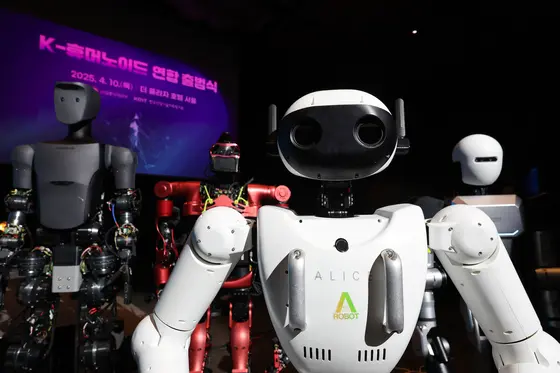
K-Humanoid Alliance
Launched in April 2025, the K-Humanoid Alliance is a collaborative effort involving government agencies, academic institutions, and robotics companies. The alliance aims to develop advanced humanoid robots and related technologies, positioning South Korea as a leader in the robotics industry by 2030.
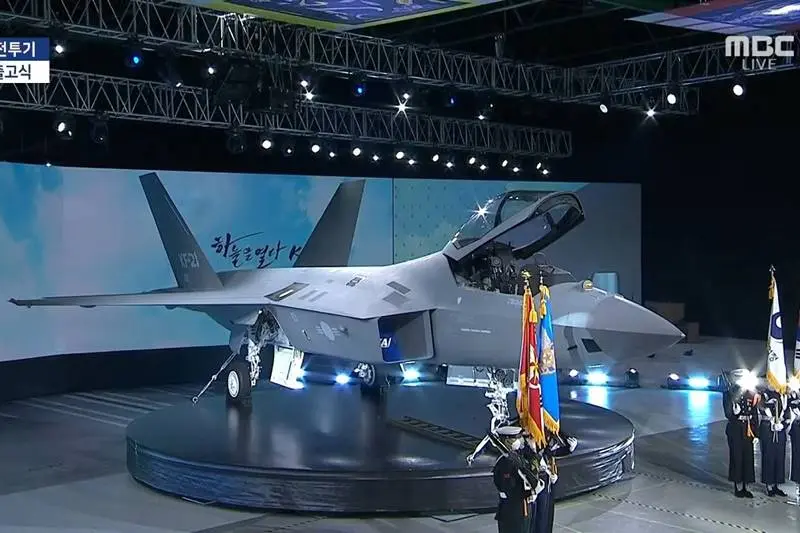
National Aerospace Industrial Complex
Set to commence in June 2025, the National Aerospace Industrial Complex in Sacheon and Jinju, South Gyeongsang Province, will be the largest aerospace industry cluster in Korea. This complex is designed to foster the development of the aerospace sector, including satellite technology and related industries.
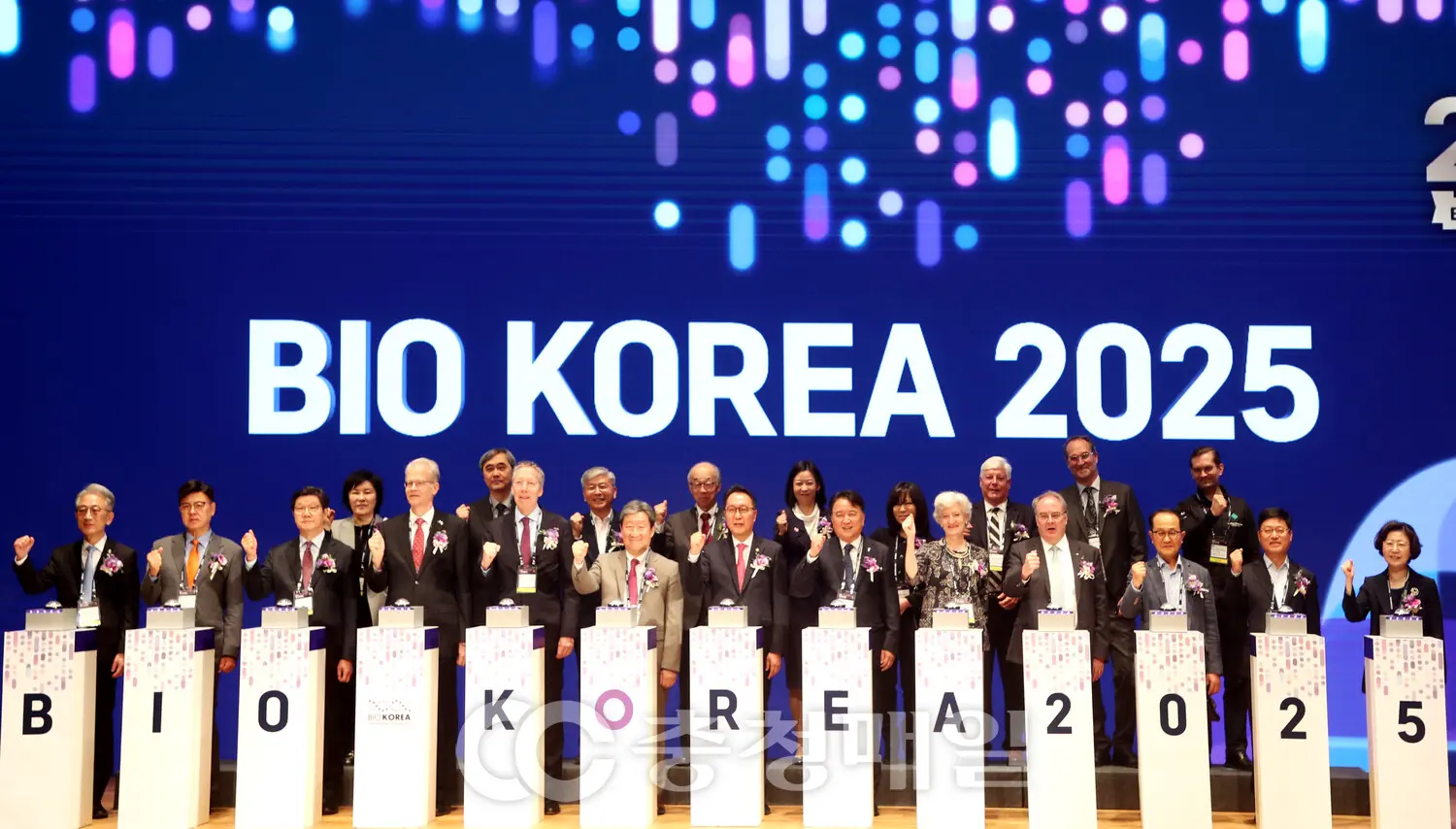
National Bio Committee Initiatives
In January 2025, the National Bio Committee announced the Bio-Great Transformation Strategy, aiming to establish a Korean-style bio cluster by functionally connecting approximately 20 bio clusters across the country. This initiative focuses on enhancing collaboration, infrastructure sharing, and creating 10,000 new jobs in the biotechnology sector
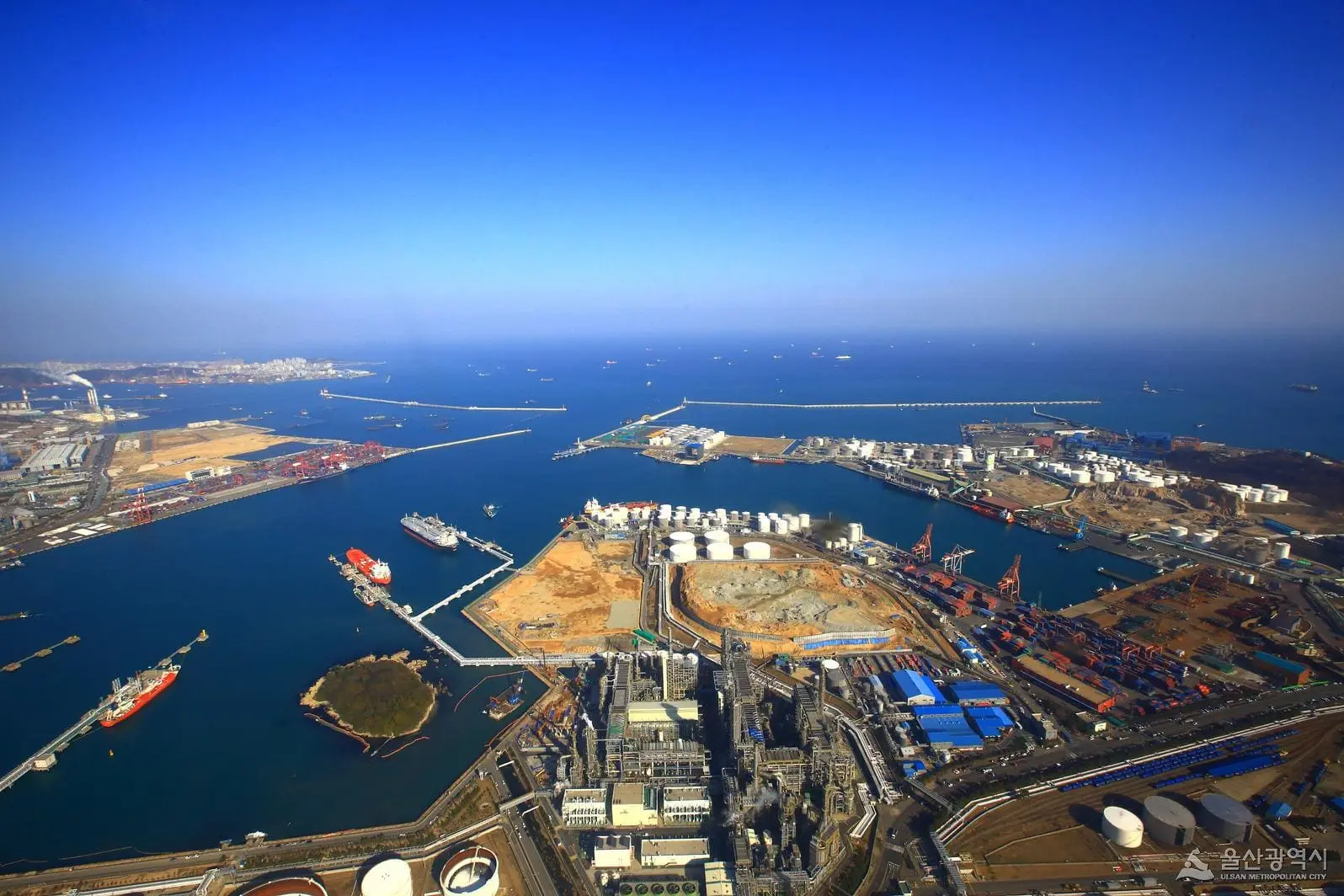
Ulsan Green Hydrogen Town
Ulsan City has been selected for the Ministry of Land, Infrastructure and Transport's Hydrogen City Development Project, planning to invest KRW 29.5 billion over the next four years. The project includes building hydrogen pipeline networks and promoting regional specialized projects, such as the development of the first hydrogen tractor in South Korea.
🌍 Visa Programs for Foreign Entrepreneurs

🛂 OASIS Program (Overall Assistance for Startup Immigration System)
OASIS is a system designed to invigorate the domestic economy by issuing startup visas to non-Koreans who wish to start a business in Korea based on their advanced technologies. It offers support through startup courses and assistance in obtaining D-10-2 and D-8-4 visas.
📈 Launch & Grow Your Startup in Korea
📈 Corporate Venture Capital & Accelerators
🏢 Samsung NEXT
Samsung NEXT invests in founders developing groundbreaking AI technologies or applying AI technologies to novel use cases, ranging from enterprise applications to innovative machines revolutionizing manufacturing and services.
🏢 NAVER D2 Startup Factory (D2SF)
NAVER D2SF focuses on early-stage tech startups, especially those with innovative technologies or developer-driven teams. It aims to create synergy between NAVER and startups through long-term partnerships.
🏢 Smilegate Orange Planet
Orange Planet Foundation, a startup foundation of Smilegate Group, actively participates in solving social problems by supporting next-generation entrepreneurs. It provides business support funds and free office space to selected startups.
🏢 Infrastructure & Global Programs
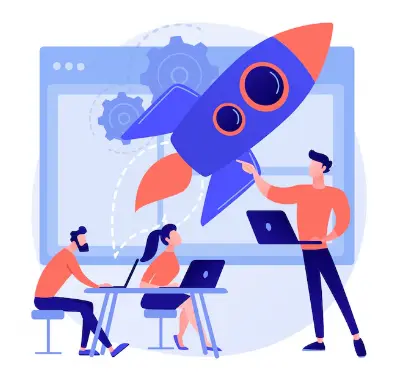
🌐 K-Startup Grand Challenge
The K-Startup Grand Challenge is a startup accelerator program supported by the Government of South Korea. Launched in 2016, it is based in the Pangyo Techno Valley and aims to attract promising startups from around the world to establish a presence in Korea
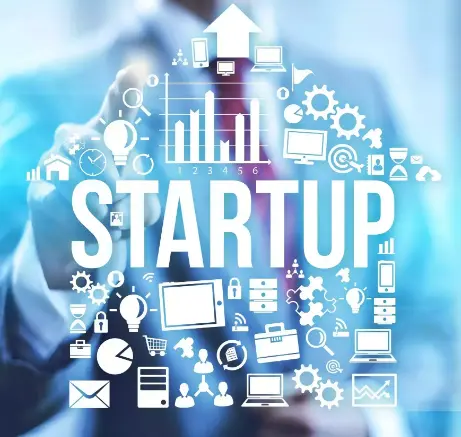
🏭 National Strategic Industries Fund
In March 2025, South Korea announced the creation of a $34 billion policy fund aimed at supporting domestic companies in strategic technology sectors such as semiconductors, automotive, and biopharmaceuticals. The fund offers low-interest loans and other investments over the next five years
🎯 Summary
South Korea's startup ecosystem in 2025 is characterized by substantial government funding, supportive visa programs for foreign entrepreneurs, active corporate venture capital participation, and a focus on strategic industries. These elements collectively create a conducive environment for startups to launch, grow, and succeed in the global market.